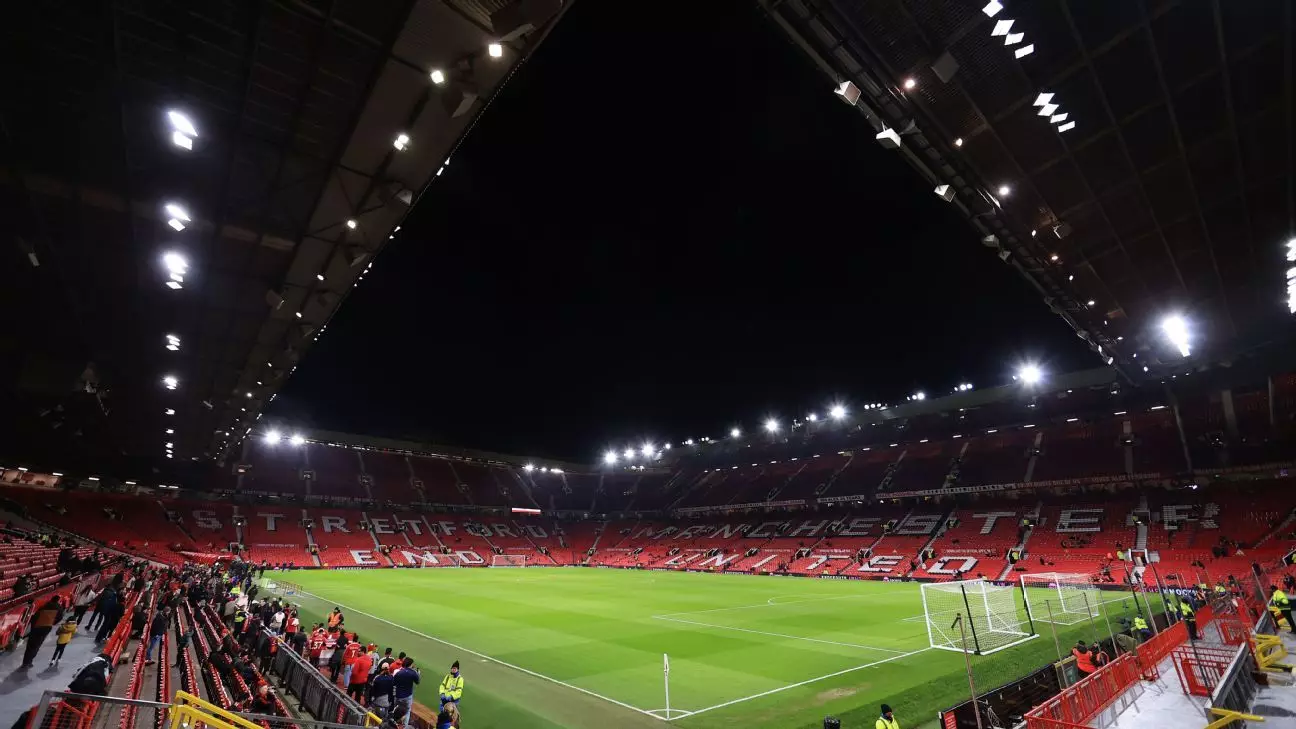Manchester United, one of the most iconic football clubs globally, is at a pivotal juncture regarding its legendary stadium, Old Trafford. The club has confirmed that a definitive decision on whether to renovate the existing ground or to construct a new 100,000-seat stadium will be announced by summer. This timeline has accelerated from an original expectation of a verdict by the end of 2024, indicating the club’s urgency to address fans’ needs and ambitions for the future.
The Old Trafford Regeneration Task Force has undertaken extensive feasibility studies, revealing some key insights. The prospect of redeveloping Old Trafford would allow for an increased capacity of up to 87,000. In contrast, a brand-new stadium could accommodate a significantly larger crowd, generating a capacity of 100,000. This potential increase in seating is not just a matter of numbers; it symbolizes the club’s desire to elevate the match-day experience and engage more supporters directly within the stadium’s walls.
Moreover, the club envisions that this redevelopment or construction could act as a catalyst for wider regeneration in the Trafford Park area. Initial estimates suggest an economic boost of £7.3 billion, alongside the creation of over 90,000 jobs. This development could forge a stronger economic backdrop not only for Manchester but for the entire UK, showcasing the potential for sports infrastructure investments to drive local economies.
Fan Sentiment: A Majority’s Voice
In attempting to gauge fan opinions regarding these proposals, the club announced that 52% of supporters surveyed favor a new-build stadium over redeveloping the iconic Old Trafford. This statistic underscores a significant shift in sentiment that the club must consider. The preferences of the fans play a crucial role in shaping the future of the club, and it cannot be understated how vital fan engagement is at this decision-making juncture.
However, the club must also carefully weigh the nostalgia and historical significance of Old Trafford against the tangible benefits that a new stadium might provide. The emotional connection many fans have to Old Trafford is deep-rooted, and any decision that seemingly disregards this could lead to discontent within the fanbase.
This impending decision poses several challenges and opportunities for Manchester United. On one hand, redevelopment could preserve the club’s storied legacy while modernizing its facilities. On the other hand, a new stadium presents opportunities for a more expansive and cutting-edge environment, enhancing revenue generation through more hospitality options and improved fan amenities.
As the club moves towards making this crucial decision, it is essential for them to remain transparent with their fans and communicate their rationale effectively. Balancing history with innovation will not only define the club’s immediate future but also set the tone for its direction over the coming decades.
Whether Manchester United opts to revamp Old Trafford or build anew, the implications of their decision will resonate beyond the pitch. The club stands at a crossroads, and how they navigate these challenges will profoundly impact their identity, fan engagement, and economic standing in the world of sports.

